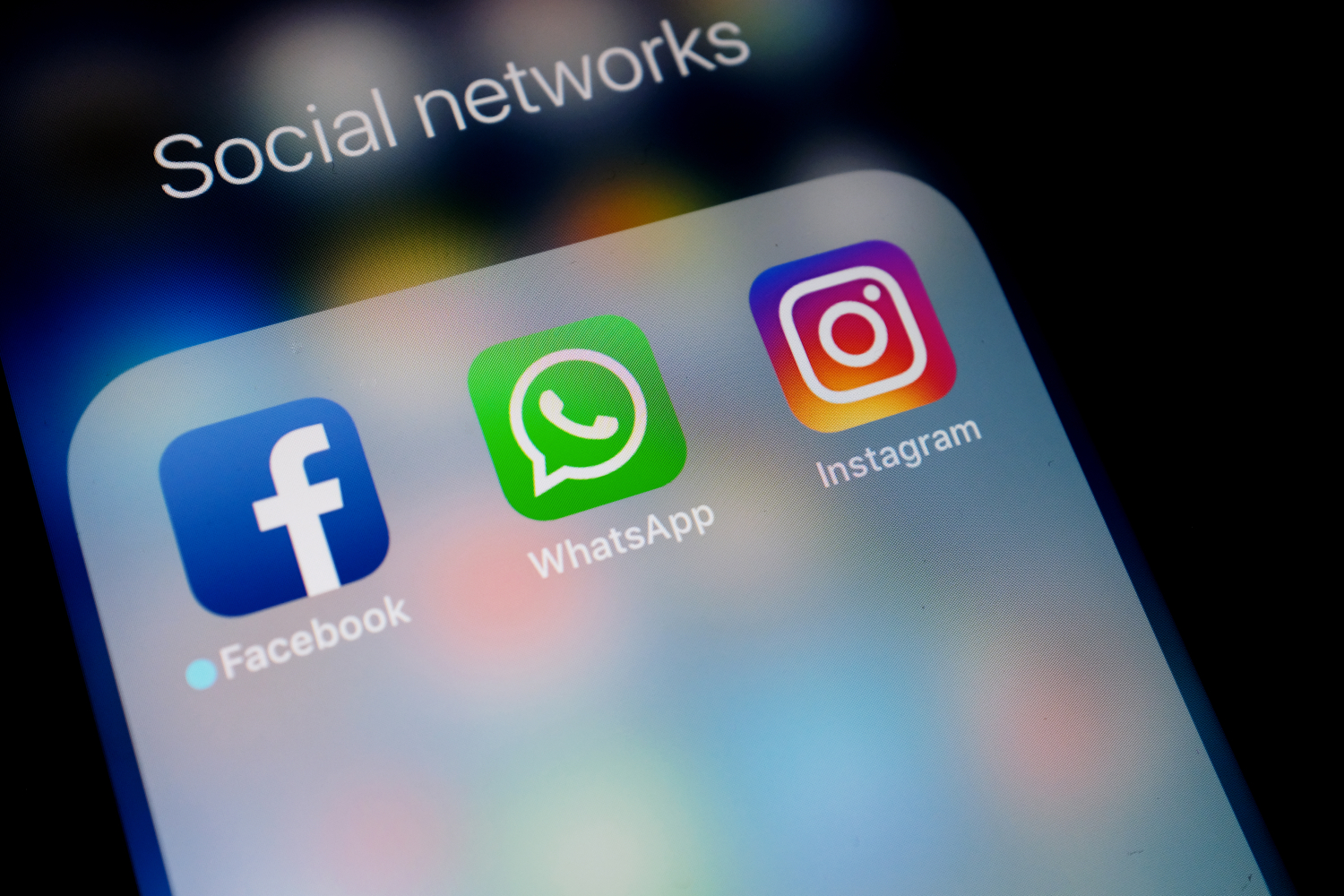Report: FTC Investigating Facebook's Many Acquisitions
The Federal Trade Commission (FTC) isn't done with Facebook yet. After narrowly approving a $5 billion settlement for the Cambridge Analytica scandal, the commission is now conducting an antitrust investigation into the social networking company, according to an August 1 report from The Wall Street Journal (WSJ). The FTC is said to be particularly curious about how Facebook decides to acquire startups, like Instagram and WhatsApp.
Facebook has reportedly acquired somewhere around 90 companies over the last 15 years. Not all of those acquisitions have been publicly announced--tech companies often buy startups just for their personnel--and many of the ones that are disclosed to the public don't attract much attention. But now the FTC is formally investigating claims that companies like Facebook acquire smaller companies with the intent of quashing potential competition.
Many have guessed that Facebook's most high-profile acquisitions were motivated by the company's fear that it would lose its hold on the social web. Instagram's popularity suggested the future of social networking was photo-based and mobile. WhatsApp then proved that many people preferred direct communication over public interaction. Buying the companies gave Facebook a way to benefit from services that were vastly different from its own.
Other acquisitions let Facebook improve its existing services with better facial recognition, video compression and other tools. Still others gave it early access to additional platforms--like Oculus did with VR--or let it dabble with new features, like online shopping. At least some of Facebook's acquisitions, one could argue, killed two birds with one stone by helping Facebook adapt to changing markets while simultaneously nixing potential competition.
Now the FTC is wondering if those arguments have merit. The commission is reportedly investigating claims that Facebook "purchased technology startups to keep them from challenging Facebook's empire," according to the WSJ's anonymous sources, who also said "the FTC has begun reaching out to the founders of such companies."
But the FTC won't have to look far to hear some complaints from startup founders. Instagram's co-founders left the company in September 2018 because they reportedly had less independence from Facebook as time went on. WhatsApp co-founder Brian Actonsaid that same month that he was coached to tell European regulators the services wouldn't "blend" data, even though Facebook was trying to figure out how to share the information.
There are reasons why Facebook's led the social networking market far longer than any of its competitors; the FTC's investigation should help it figure out if being allowed to buy potential competitors for the last 15 years is one of them.
Get Tom's Hardware's best news and in-depth reviews, straight to your inbox.

Nathaniel Mott is a freelance news and features writer for Tom's Hardware US, covering breaking news, security, and the silliest aspects of the tech industry.
